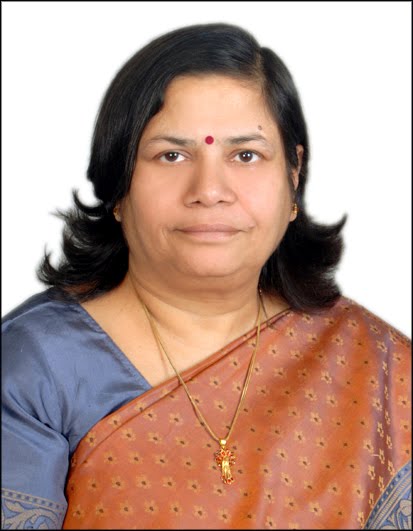Covid-19 gave tough time to most of us. Many cases of deaths, depression and loneliness were reported worldwide. It was very touching to see young professionals in their early thirties with small kids writing their wills in America. 8 out of 10 Americans showed moderate to severe symptoms of depression and anxiety. In a country like India, there were mass movements of labour from one state to another causing great stress, financial losses, law and order problems during the pandemic. The labour class sought solace in going back to their families for emotional security even though they lacked the necessary financial means! The middle and upper class chose to confine themselves in their homes but regretted missing socializing for a very long time. I too missed meeting my children working in different cities as it was not safe to travel for either of us.
I had the solace of having a family of four living on the ground floor of our house comprising of two teenagers who were ready to help us or do grocery for us considering our age and medical problems. All was going well but after a few months they stopped paying rent. We kept reminding them over phone gently but they did not pay any heed. It continued for three -four months and became intolerable. We too depended on rental income post-retirement. Gradually we found that our tenants were making Covid-19 the scapegoat deliberately. They posed as if they were not in a position to pay the rent due to losses in business but actually, they were trying to take an advantage of the pandemic by being extra-smart. When the situation became better, we were forced to give eviction notice to our tenants. They promised to move to some place where the rents were much lower.
They kept lingering on one pretext or other. At one stage they offered to pay just one-third of the rent agreed upon. We could not accept that though we were willing not to enhance the rent by 10% as per agreement for continuing for another year. Rather we were willing to reduce it by 10% though the market rate in our neighbourhood was intact and had not gone down. Our tenants had no intention of paying rent at all so they didn’t agree to our proposal. It affected our peace of mind as we were living already in difficult times. Soon the tenants started avoiding us and our phone calls or WhatsApp messages. We felt helpless, offended and cheated. Once we were away to see a doctor for medical urgency in other part of the town. When we came, we found that the tenants had already left with all their belongings without saying even bye to us! We could not believe our eyes!
Now it was too much for us. I did not wish to bother my children about this problem. But now I could not help but involve them. We had a video-conference. My son took the responsibility of getting the keys back from the tenant. They talked nicely to him and promised to return the keys and pay all dues after a week. We kept waiting anxiously for a week and didn’t step out of the house for the whole week. The tenants were not responding to our calls or messages and they did not tell us where exactly had they moved. We didn’t wish to go to police. To our surprise, the teenager boy came on the last day of the week as promised. He rang the bell around 7pm. When we saw him standing at the gate, he angrily told us that the keys were lying in the letter box! We asked him to wait or come upstairs but he refused. It took us two minutes to wear our masks and go downstairs but by the time we reached, he was gone!
Again, we felt humiliated, cheated and insulted. My biggest remorse was how could I allow this teenager to escape without even paying for electricity bills, other damages, rent for last few months and salary for the security guard! We doubted their intentions yet allowed ourselves to be befooled like this. Out of shock, I narrated the whole story to my son. He contacted the tenants once again and they still requested him to ask us to wait as they would pay their dues. My son asked me to be more liberal, tolerant and compassionate. He showed me the whole story from the teenager boy’s perspective and explained why his behaviour was so aggressive, rude and impolite. To my son, this boy was unable to cope up with so many problems at the age of 19! There were losses in the business, serious medical problems with parents, no job for the boy or marriage proposal for his elder sister, beside the pressure to shift. I should not expect normal behaviour from this boy.
Now there was time for tears in my eyes! Despite being a professor, I could not grasp this aspect but as a mother I felt very proud of my son for showing so much compassion despite holding a prestigious and highly paid job himself. Normally such people are supposed to be insensitive to the plight of those lower in terms of status and education. I am equally proud of my daughter who paid full salary to her domestic maid and driver for almost eight months and helped their families in keeping safe. I can see new hope. All is not lost. Humanity is still thriving.

